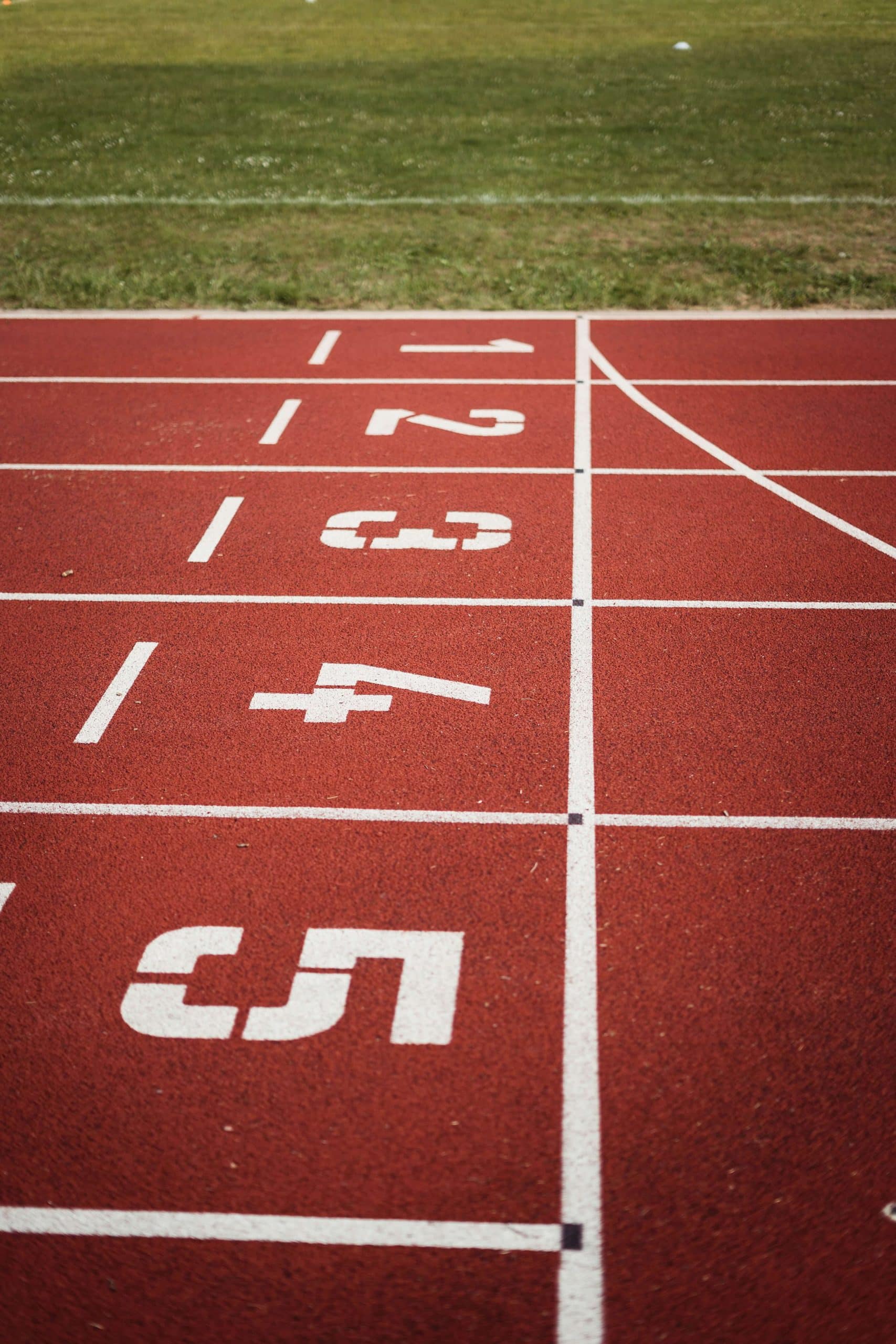Sports Psychologist Jobs & Career Guide 2025
What is a sports psychologist?
A sports psychologist works to help support and develop the psychology of high-level competitive athletes and sportspeople.
Many people may find this surprising. After all, often athletes are very well paid, very well motivated, and incredibly successful! Why would someone living this sort of lifestyle need a psychologist?
The truth is that mental health issues can affect ANYONE, regardless of age, wealth, or any other external or internal factor.
High-level sport is incredibly unforgiving, particularly in a world where criticism and scrutiny are often public and very loud, in online spaces and elsewhere.
Sports psychologists help athletes deal with the stress and mental rigors that high-level sport puts on the psyche.

Education Requirements
The first step in becoming a sports psychologist is to earn a bachelor’s degree in psychology or a related field. It is best to major in psychology, education, or a related field, as this will help you gain the knowledge and skills necessary for pursuing a graduate degree in sports psychology.
In addition to your undergraduate studies, pursuing internships or volunteer experiences in sports psychology is a good idea. These experiences will give you a greater understanding of how to work with athletes and how to support them behaviorally and emotionally. You can find internships with sports teams at the collegiate or professional level.
To become a licensed sports psychologist, you will then need to earn a graduate degree in psychology or a related field. A Master’s degree in sports psychology can be helpful, but a Doctoral degree (Ph.D. or Psy.D.) is typically required. The program should be accredited by the American Psychological Association (APA) or the Association for Applied Sport Psychology (AASP).

Certification and Licensing
Once you have completed your education and required number of supervised hours, the next step is to become certified and licensed. To become a sports psychologist, you must first pass the Examination for Professional Practice in Psychology (EPPP).
The EPPP is a nationally administered exam that tests how well you can apply and interpret psychological knowledge. Once you have passed the EPPP, you must obtain a license from your state’s psychology board. Each state may have different licensure requirements, and it is crucial to ensure you meet them.
An optional final step is board certification.
Board certification for sports psychologists is offered by the Association for Applied Sport Psychology (AASP). The certification is known as the Certified Mental Performance Consultant (CMPC) credential.

Continuing Education
To maintain licensure, you must complete continuing education requirements. These requirements vary from state to state but typically include courses, workshops, conferences, and seminars related to sports psychology.
It would be best to stay current on the latest research and technology in the field. Becoming an active member of professional organizations, such as AASP, will help you stay informed and connected with sports psychologists around the country.
Continuing your education after your licensure is essential to provide the best service to athletes and their teams.
By following these steps, you can become a sports psychologist and provide invaluable support to athletes throughout their journey. With the proper education, dedication, and hard work, you can become a successful sports psychologist who makes a difference in children’s lives.

Is sports psychology a good career?
The career outlook for sports psychologists is an interesting one, with a lot of room to specialize, learn and grow, developing as a clinician while also developing contacts and the business side of the profession.
It’s also quite varied, as you can work with athletes in various different sports, at varying levels, assisting with everything from depression, trauma, stress, or PTSD to assisting in building confidence and improving on-field performance.
It’s important to note that while there are similarities, sports psychologist sessions won’t look much like a clinical psychology session, as you will be working with coaches and athletes to deal primarily with stressors and difficulties as they relate to performance, which is an interesting and very specific focus, setting this profession apart from the other niches of psychology.

